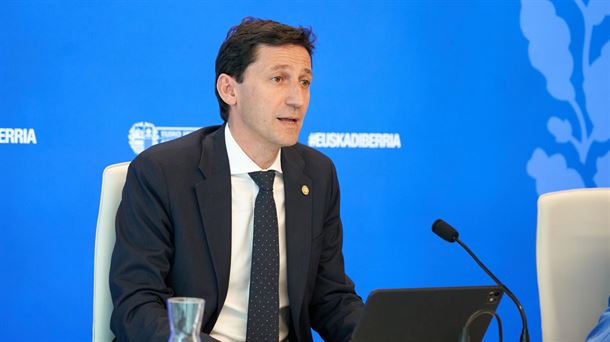According to the United Nations Children’s Fund UNICEF, 487 children were killed and 954 injured during the Russian offensive war in Ukraine. 3.3 million children in Ukraine need help. According to UNICEF, 1.5 million people have been traumatized by the war.
“What that does to children is unimaginable,” Christoph Jiinger, CEO of UNICEF Austria, said at a press conference in Vienna.
“365 days of war, suffering, tears, loss, loss of normality, loss of youth, loss of relatives, violence,” Jiinger said. The attacks on civilian infrastructure such as hospitals and schools are particularly dramatic. Since the start of the war, 2,400 schools have been destroyed or severely damaged. School and education would have meant a certain normalcy for children, which can no longer be maintained. “Education is the currency of the future.”
32,000 children fled alone
Around the world, 100 million people are on the run, half of them are children and young people. More than eight million are Ukrainians. 32,000 unaccompanied children have been identified and reunited with their families with UNICEF’s help. The aid organization has set up contact points along the escape routes to receive refugees and to mediate with bureaucratic obstacles. To date, 1.2 million people have been cared for there.
‘It was difficult to get a foothold’
Two out of three Ukrainian children are not or only slightly integrated into the education system of their host country. And rightly so, as psychologist Nora Ramirez Castillo points out. So far, the refugees hope to return to their country soon. Therefore, they did not know whether to send their children to Ukrainian lessons online or to Austrian lessons in person. “It was hard to get a foothold,” said Ramirez Castillo.
But children need normality, breaks from war. “Children want to be a little child again. They need security and stability and that cannot be done on the run.” There is fear for the lives of the male reference persons and the female reference persons are experienced as completely powerless. “Depending on their age, children who experience displacement and war react somewhat differently,” says Ramirez Castillo.
How children respond to war
Small children react with a lot of uncertainty, with fear, with clinging or with bed-wetting. There are also children who stop talking as a result of the shock. Older children show reactions because they can no longer regulate their feelings, develop strong fears, show self-injurious behavior, anger or aggression. They don’t understand that their country is under attack, that something like this is happening in Europe and no one can stop it.
Children are existentially dependent on caregivers, Ramirez Castillo said. The smaller a child is, the stronger this dependency is and the more likely it is to form such bonds. Without getting into the specific case of the alleged abduction, Ramirez Castillo says, “If people present themselves as loving attachment figures, it’s entirely possible that children will dock.”
Source: Krone
I am Wallace Jones, an experienced journalist. I specialize in writing for the world section of Today Times Live. With over a decade of experience, I have developed an eye for detail when it comes to reporting on local and global stories. My passion lies in uncovering the truth through my investigative skills and creating thought-provoking content that resonates with readers worldwide.



